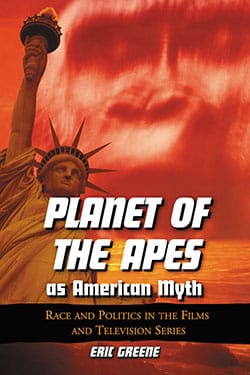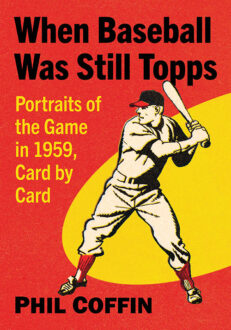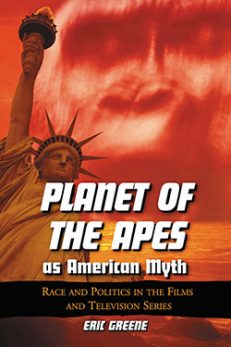Planet of the Apes as American Myth
Race and Politics in the Films and Television Series
$29.95
In stock
About the Book
How do political conflicts shape popular culture? This book explores that question by analyzing how the Planet of the Apes films functioned both as entertaining adventures and as apocalyptic political commentary. Informative and thought provoking, the book demonstrates how this enormously popular series of secular myths used images of racial and ecological crisis to respond to events like the Cold War, the race riots of the 1960s, the Civil Rights movement, the Black Power movement, and the Vietnam War. The work utilizes interviews with key filmmakers and close readings of the five Apes films and two television series to trace the development of the series’ theme of racial conflict in the context of the shifting ideologies of race during the sixties and seventies. The book also observes that today, amid growing concerns over race relations, the resurgent popularity of Apes and Twentieth Century—Fox’s upcoming film may again make Planet of the Apes a pop culture phenomenon that asks who we are and where we are going.
Instructors considering this book for use in a course may request an examination copy here.
About the Author(s)
Bibliographic Details
Eric Greene
Format: softcover (6 x 9)
Pages: 261
Bibliographic Info: 13 photos, notes, bibliography, index
Copyright Date: 2006 [1996]
pISBN: 978-0-7864-2663-8
eISBN: 978-1-4766-0828-0
Imprint: McFarland
Table of Contents
Preface ix
Introduction 1
1. Planet of the Apes 21
2. Return to the Planet of the Apes 55
3. Urban Riots and Ape Revolution 78
4. “Ape Has Killed Ape” 114
5. Conclusion: Television, Comics, Toys and Comebacks 146
Afterword: Beyond the Planet of the Apes 185
Notes 189
Filmography 213
Bibliography 221
Index 227
Book Reviews & Awards
“[the author] makes an utterly plausible case for his theory…you’ll be scratching your head in humbled agreement”—Entertainment Weekly; “engaging study…. Recommended”—SFRA Review; “interesting and accessible…. The filmography is exceptionally detailed”—Classic Images; “looks deeply into the films’ social commentary and message of racial distress”—Tuff Stuff’s Collect! “one of the finest scholarly film books I’ve ever read…amazing”—Reflections on Film/TV; “well researched and multifaceted”—Cashiers du Cinemart.





